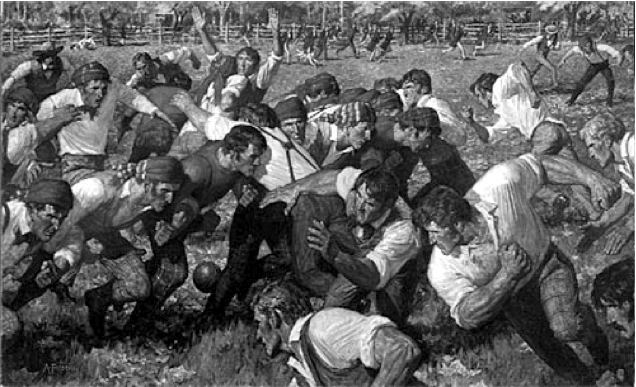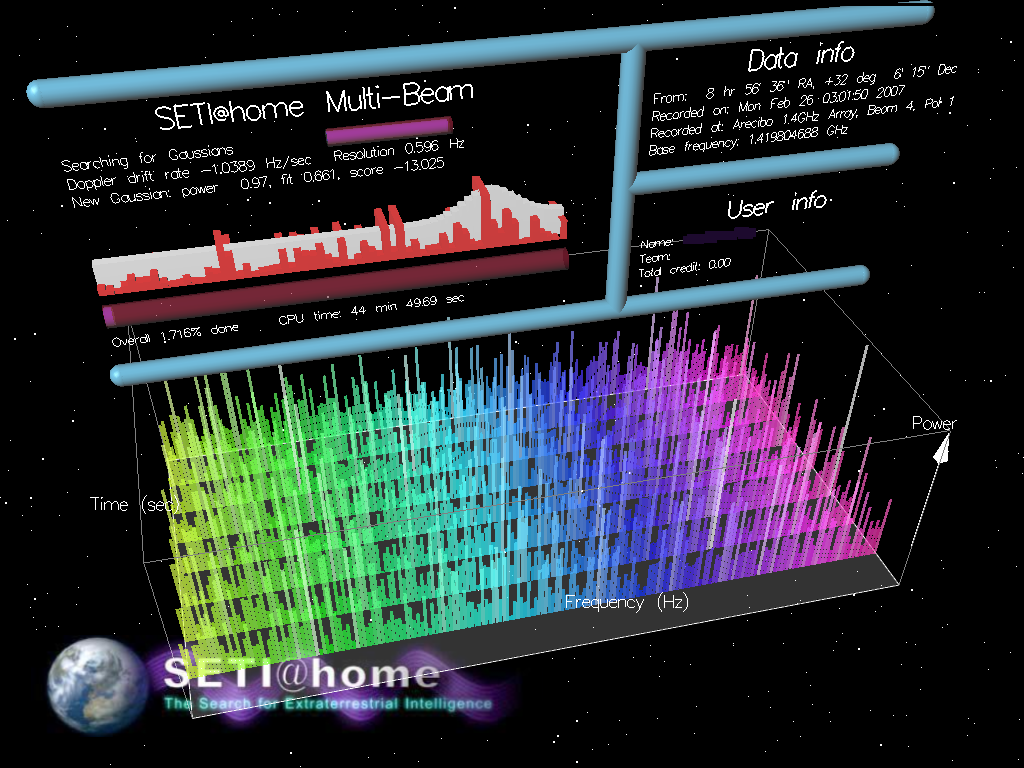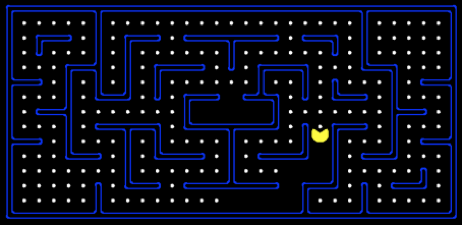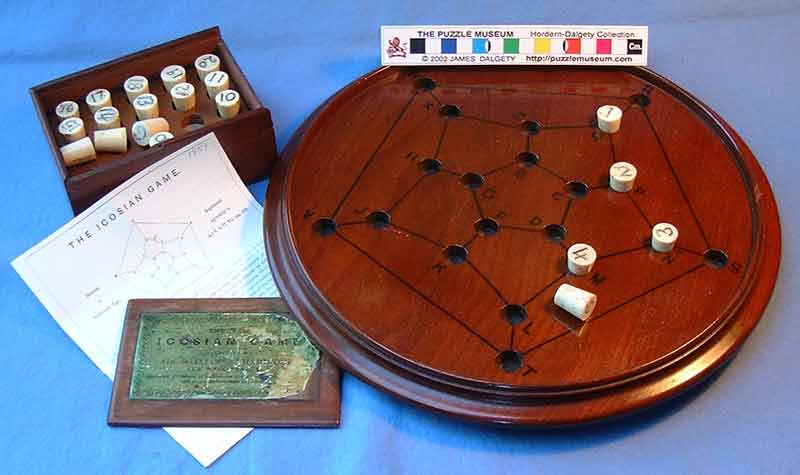 How To Predict College Football Games
How To Predict College Football GamesThe inaugural season of intercollegiate football took place in 1869. It consisted of two games...
 Where Are All The Aliens?
Where Are All The Aliens?Richard Dawkins suggested that the first measure of an intelligent species, should two chance to...
 Pacman, Peanut Butter, and Intelligence
Pacman, Peanut Butter, and IntelligenceMy fourth grade teacher Mr. Davids was best known for an exercise called “peanut butter and jelly”...
 Predicting Movie Ratings: The Math That Won The Netflix Prize
Predicting Movie Ratings: The Math That Won The Netflix PrizeNetflix launched its million dollar contest—improve their movie rating prediction system by 10%—nearly...








